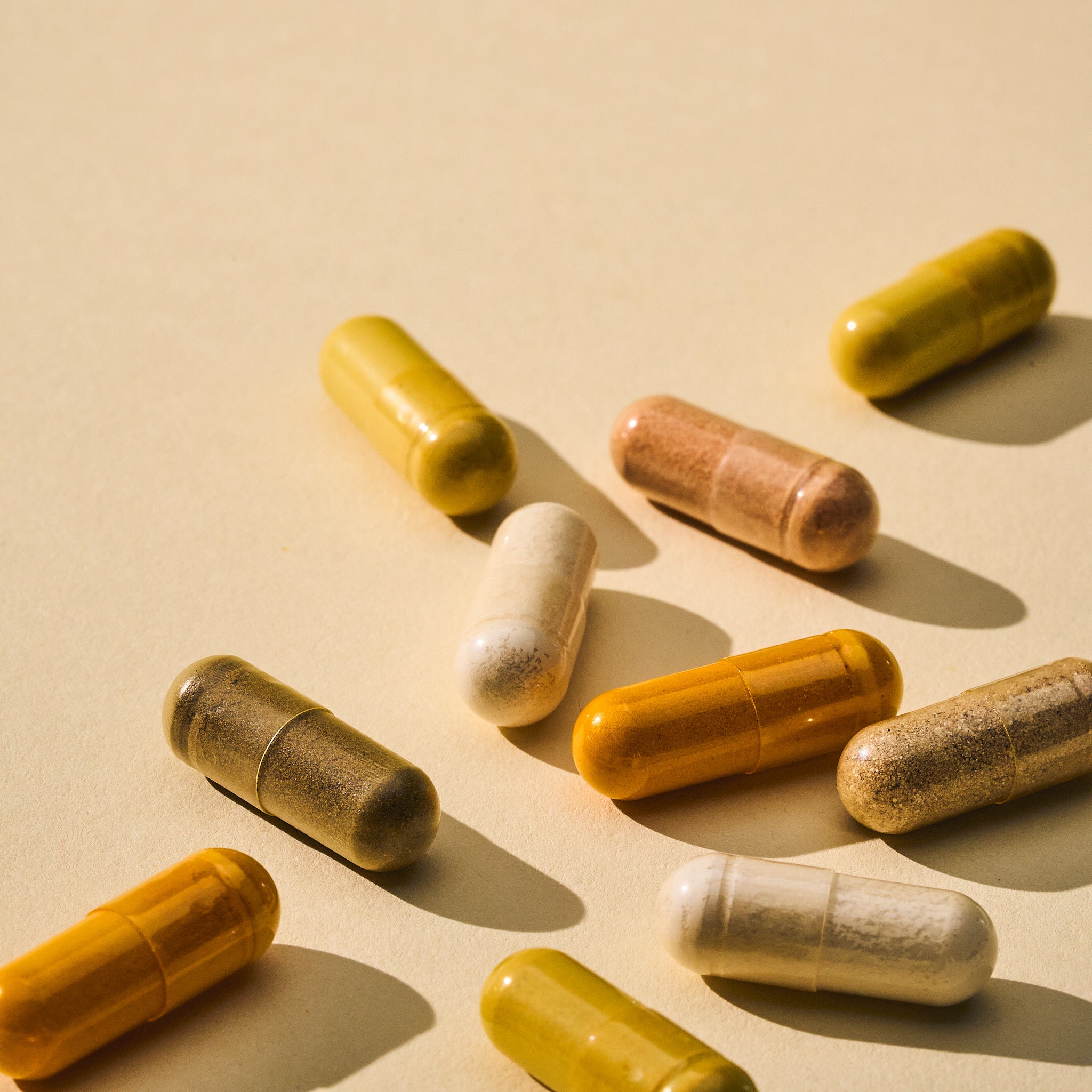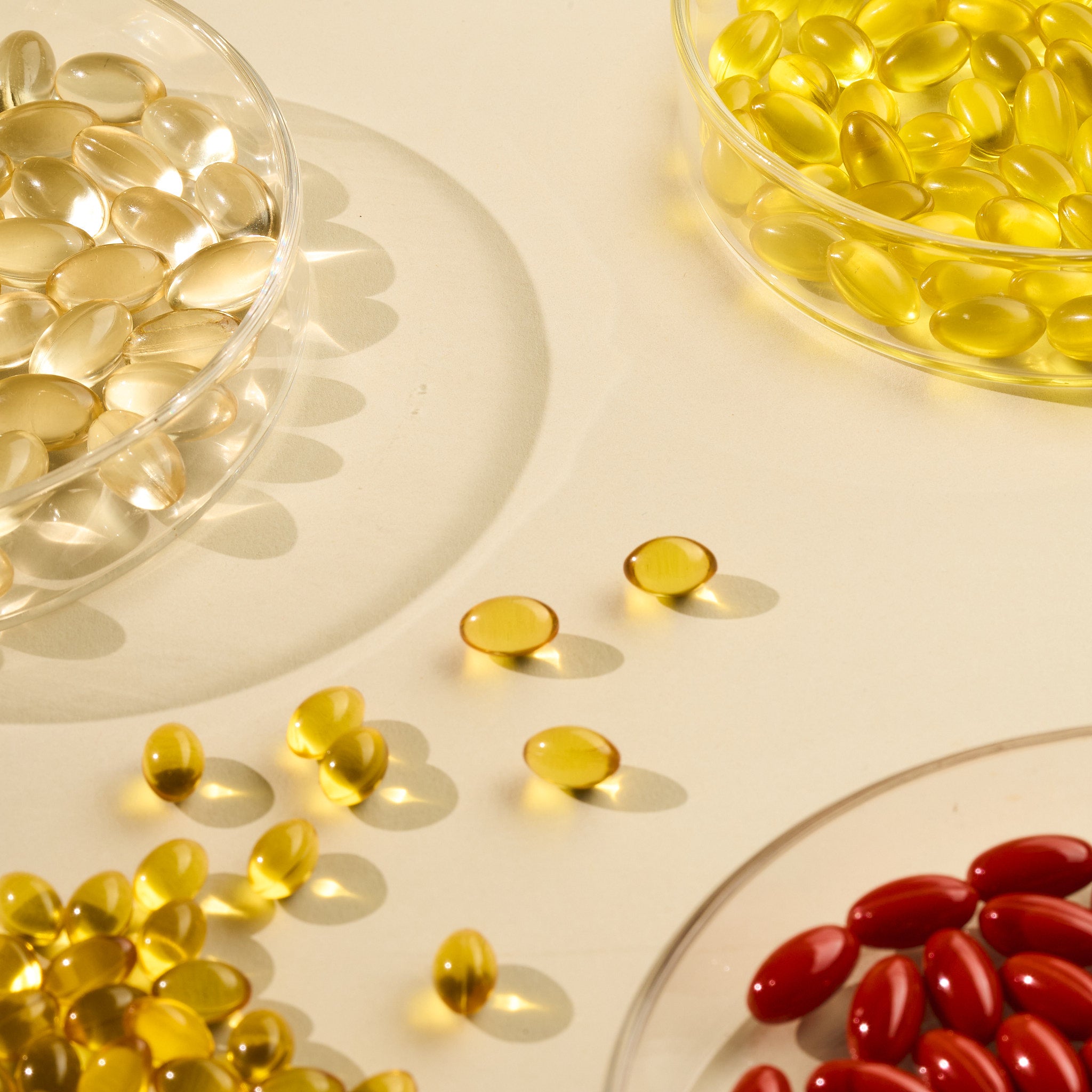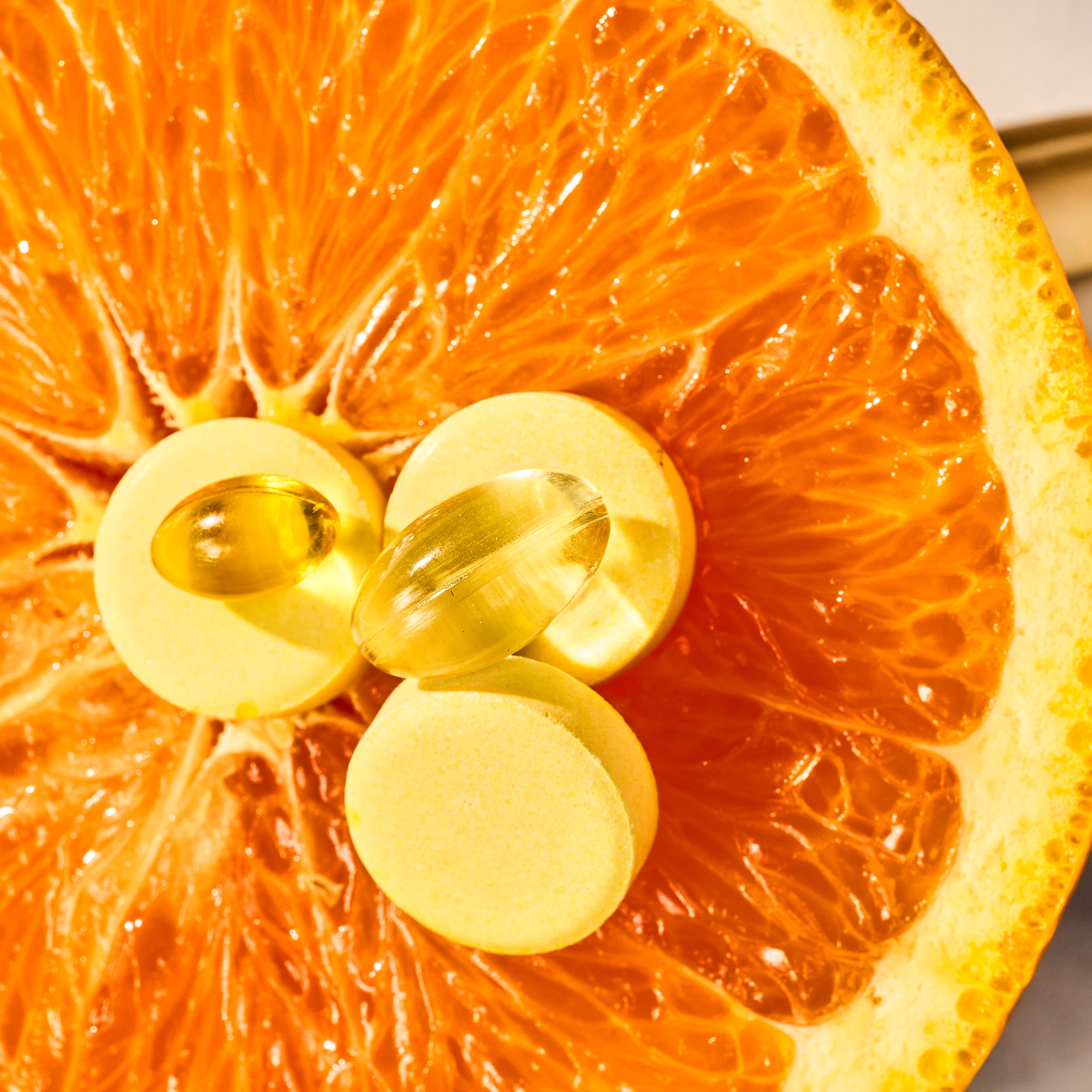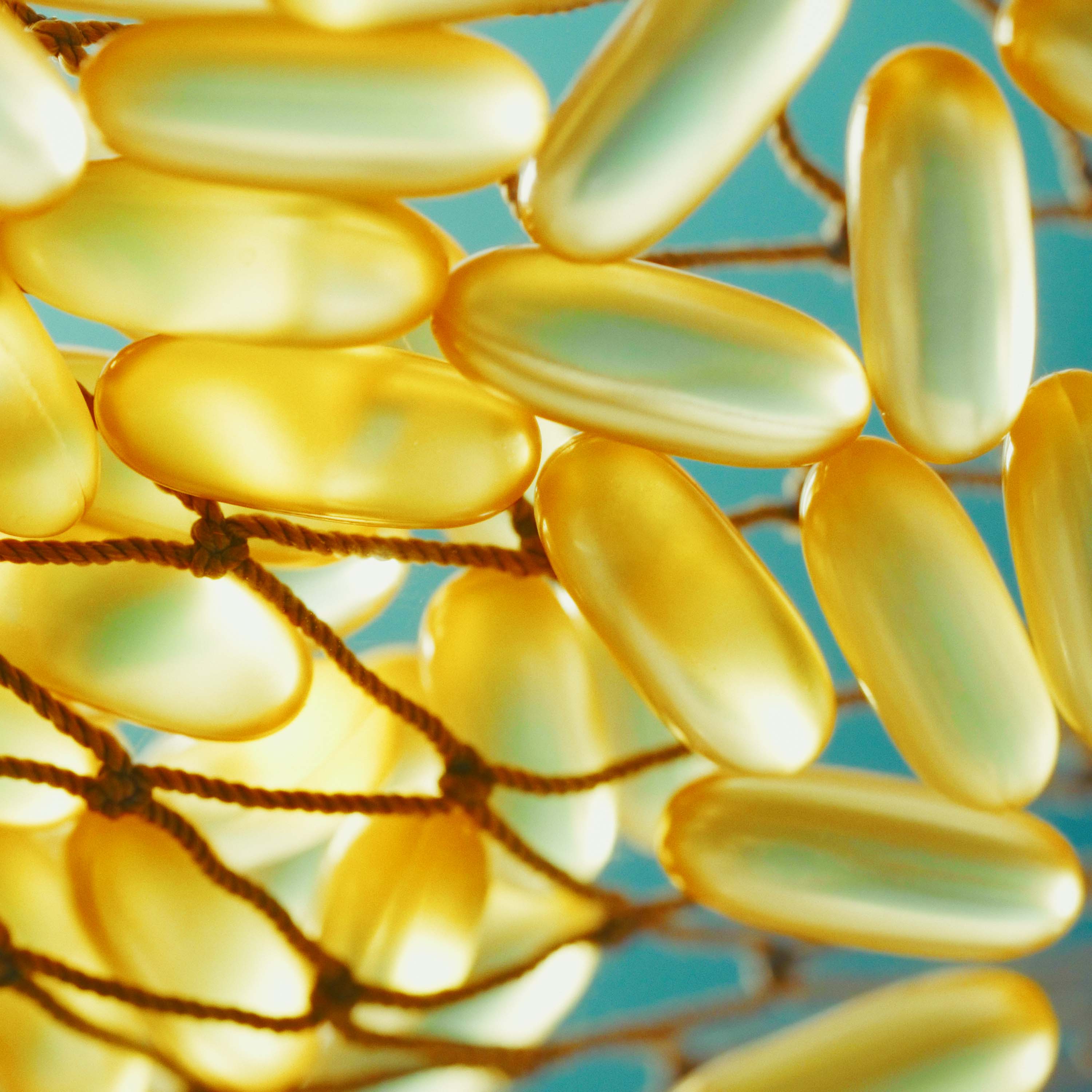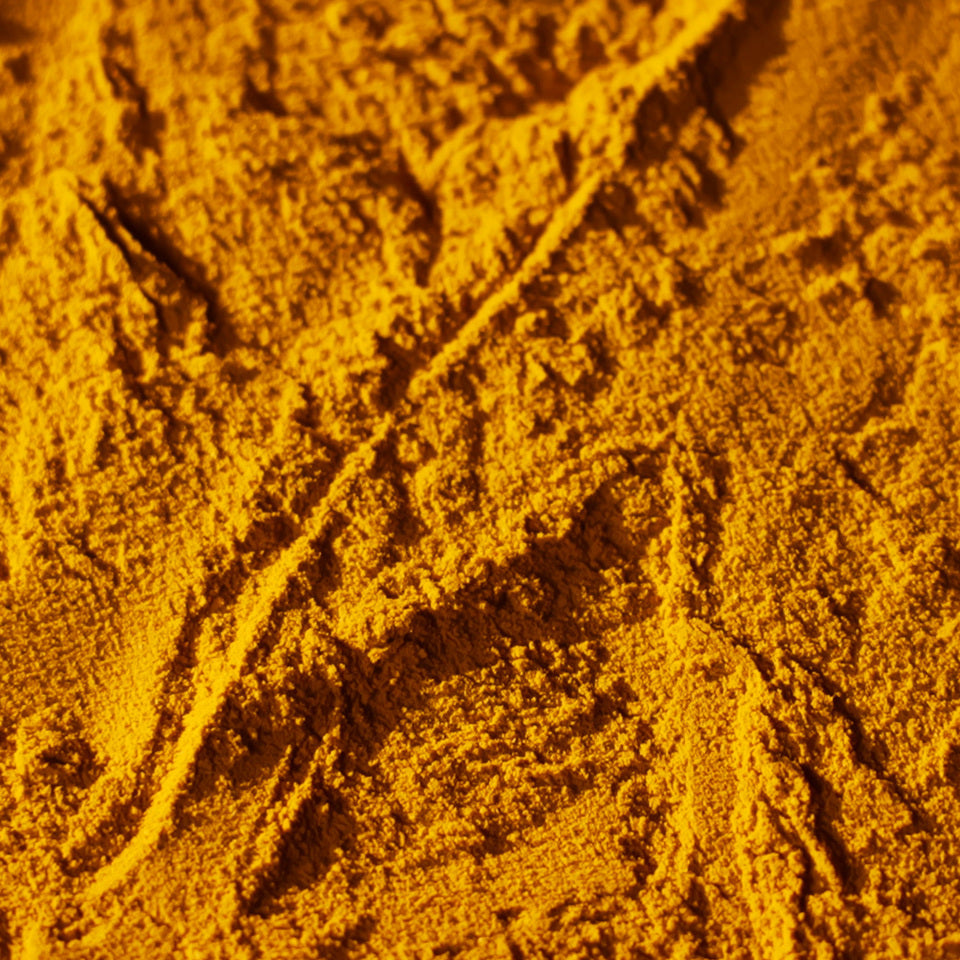
Best Supplements for a Candy-Crazy Halloween Reset
Bounce back from your Halloween sugar rush with simple ways to reset and restore balance.*
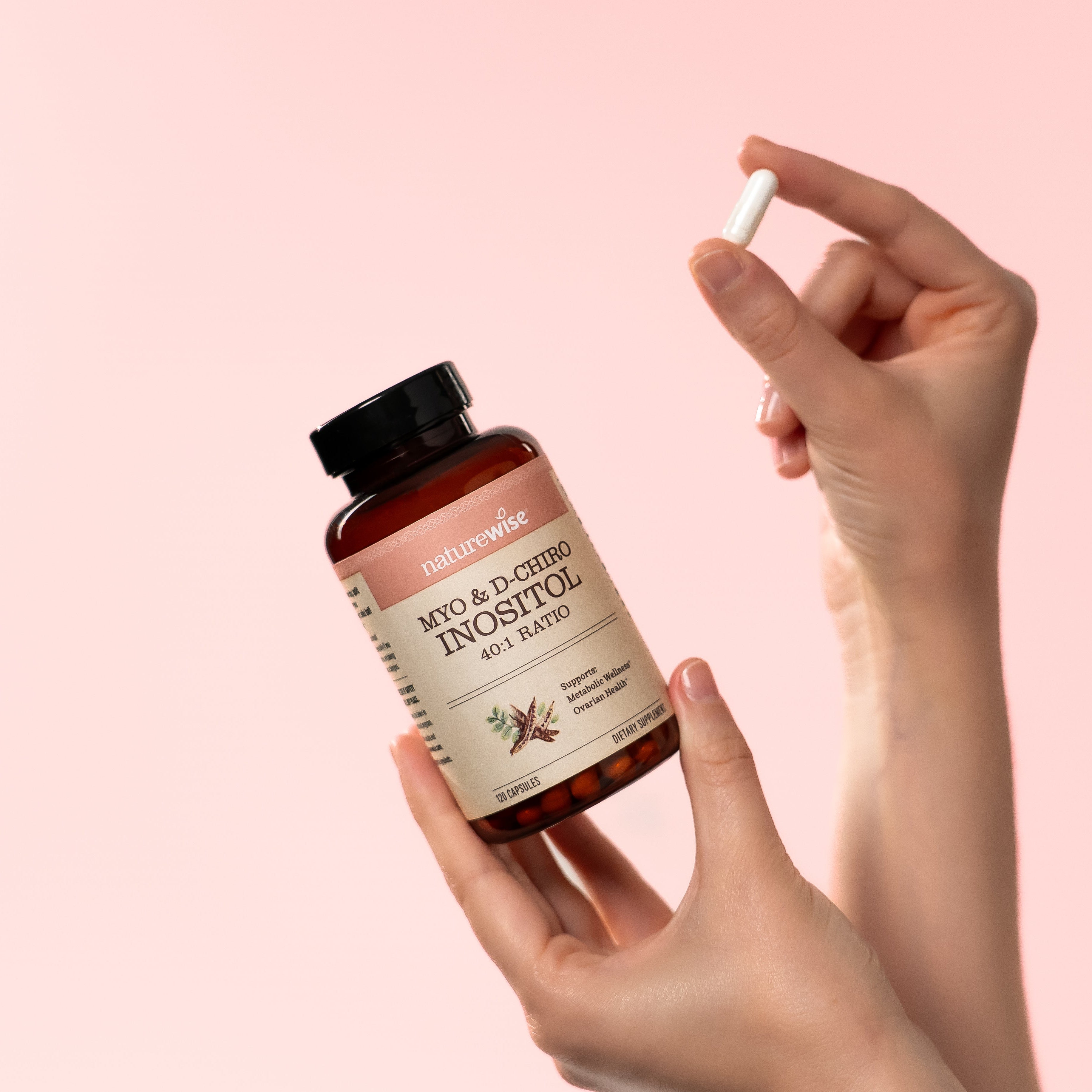
How Long Does Myo-Inositol Take to Work?
Wondering how long does Myo-Inositol take to work? Learn what to expect, how consistency affects results, and tips for best results.

Galentine's Glow Collagen Smoothie
Indulge this Galentine's Day with a delicious Strawberry Collagen Smoothie that will help you and the girls nourish and hydrate your skin.

Do hair supplements actually work? Our comprehensive guide explains how certain vitamins affect hair growth, strength, and overall follicle health.*

Elderberry's Potential for Weight Management
A recent study reveals that elderberry can support weight management, gut health, and more.

Which Collagen Product Is Right for You?
What's the best collagen supplement? Liquid collagen, collagen powder, or collagen gummies? Find out which collagen product works best for you in this blog.

Enjoy a rich, creamy Collagen Hot Chocolate to support your skin and hair health this holiday season.

Spiced Hot Apple Cider with Collagen
Here's how to make store-bought apple cider better tasting and better for health: add collagen peptides and one lemon juice.

Cranberry Spritz with Collagen Recipe
Start the holidays with this low-sugar collagen infused Cranberry Spritz recipe. It only takes 2 minutes to make this glamorous twist on the holiday classic.

Does Collagen Powder Actually Work?
Is collagen powder an anti-aging miracle supplement or a marketing scam? Here’s what science has to say about it.

While the Sleepy Girl Mocktail frenzy fizzled out on social media, the science behind it is timeless — this blog spills the secret.

Ubiquinone vs. Ubiquinol: Which CoQ10 is Better?
When it comes to picking a CoQ10 supplement, you come across two types: Ubiquinone vs. ubiquinol. So which form is better in absorption, potency, and bioavailability?

The science-backed benefits of green tea include support for heart health, metabolism, energy levels, and cognitive function.

Vitamin B Complex vs. Vitamin B12: What's the Difference?
B vitamins are essential for a wide range of bodily functions. In this blog, we'll dive into the specific benefits of a Vitamin B Complex and Vitamin B12. We will address what these crucial nutrie...

Will B Vitamins Support Energy?
It's a common feeling that most of us have experienced at one point or another: that overwhelming sensation of being tired and drained, even when you've had a full night's sleep. Occasional fatigue...
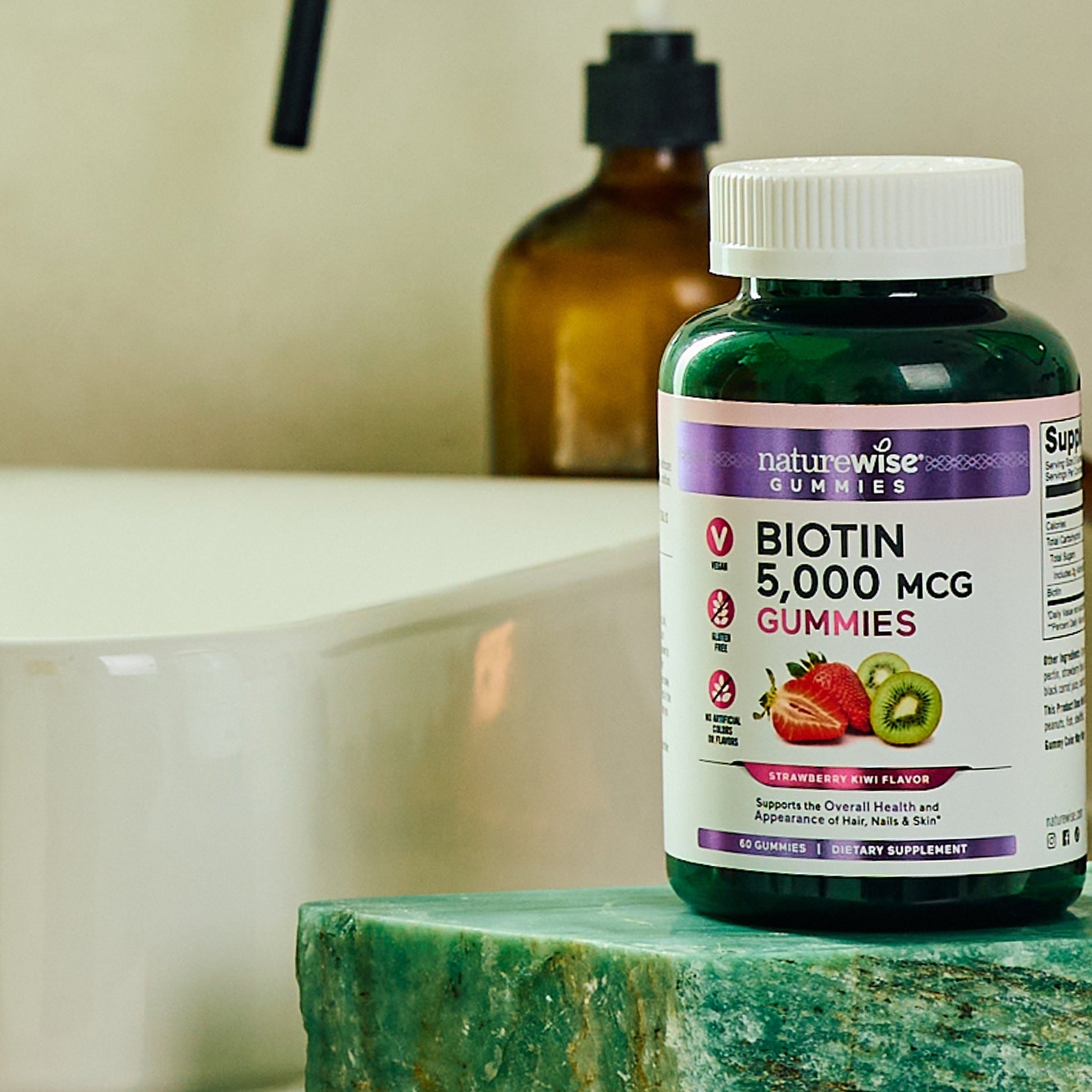
Are you tired of dealing with hair that just won't cooperate, skin that lacks its natural glow, and nails that seem brittle and lifeless? If so, you're not alone. Many people turn to dietary supple...

How to Maintain Healthy Habits During College
For college students, maintaining a healthy lifestyle can be a daunting challenge amidst the rigors of academic life and the temptations of newfound independence. Adopting a balanced approach to he...

Dorm Room Shopping Guide: Enhance Your College Experience
It's that time of the year again - the back-to-school season is upon us! As students prepare for an exciting new semester, one crucial aspect that can greatly impact their experience is setting up ...

How The Brain Ages and Ways To Keep It Sharp
As we age, many people start to forget simple things, like where they put their keys or the name of an acquaintance. Although we typically chalk up these memory lapses as a natural part of agin...
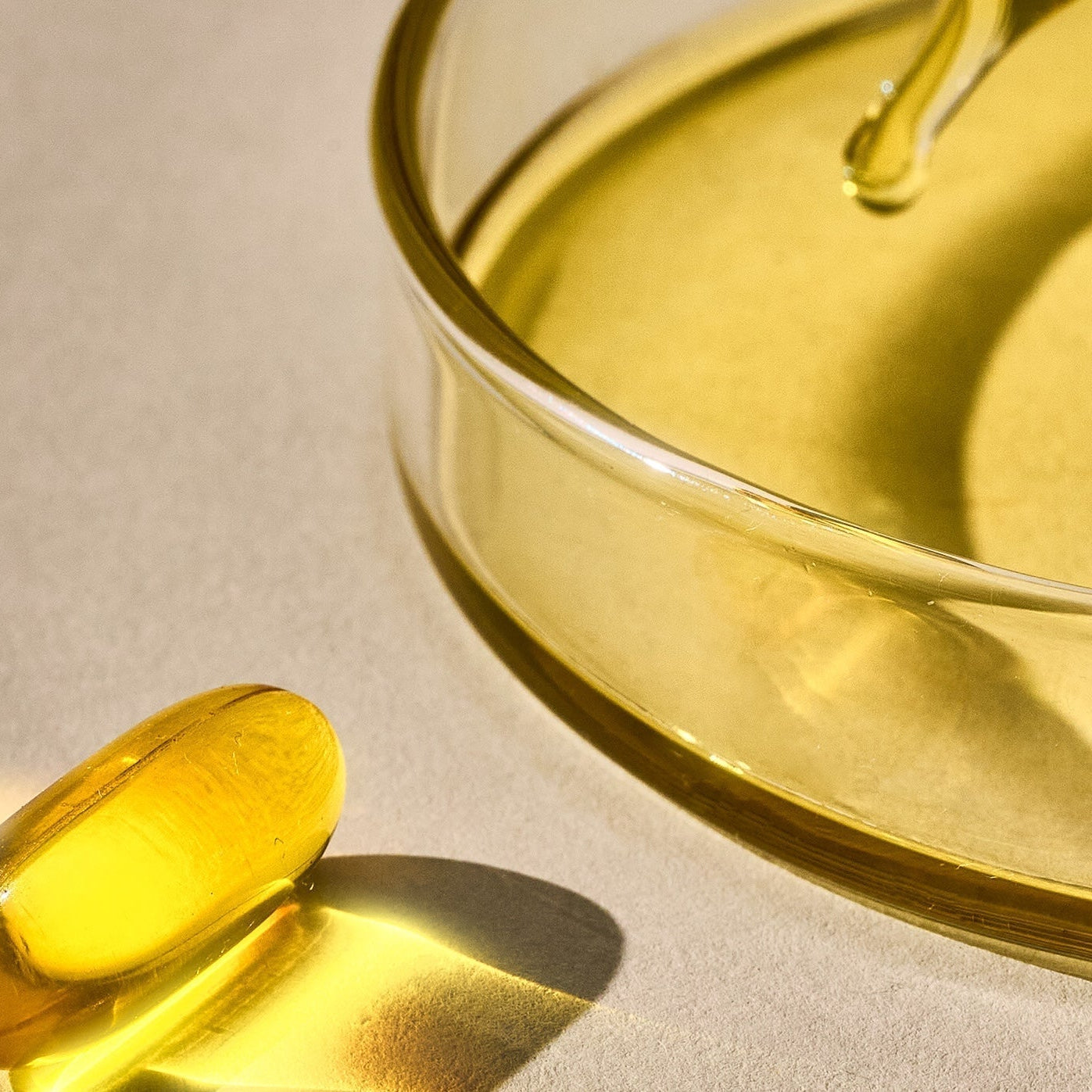
The One Thing Your Omega-3 Supplement is Missing
Some things are just better together. Peanut butter is great on its own, but once it was combined with jelly, it became part of an iconic sandwich that has been a staple for generations. Simila...
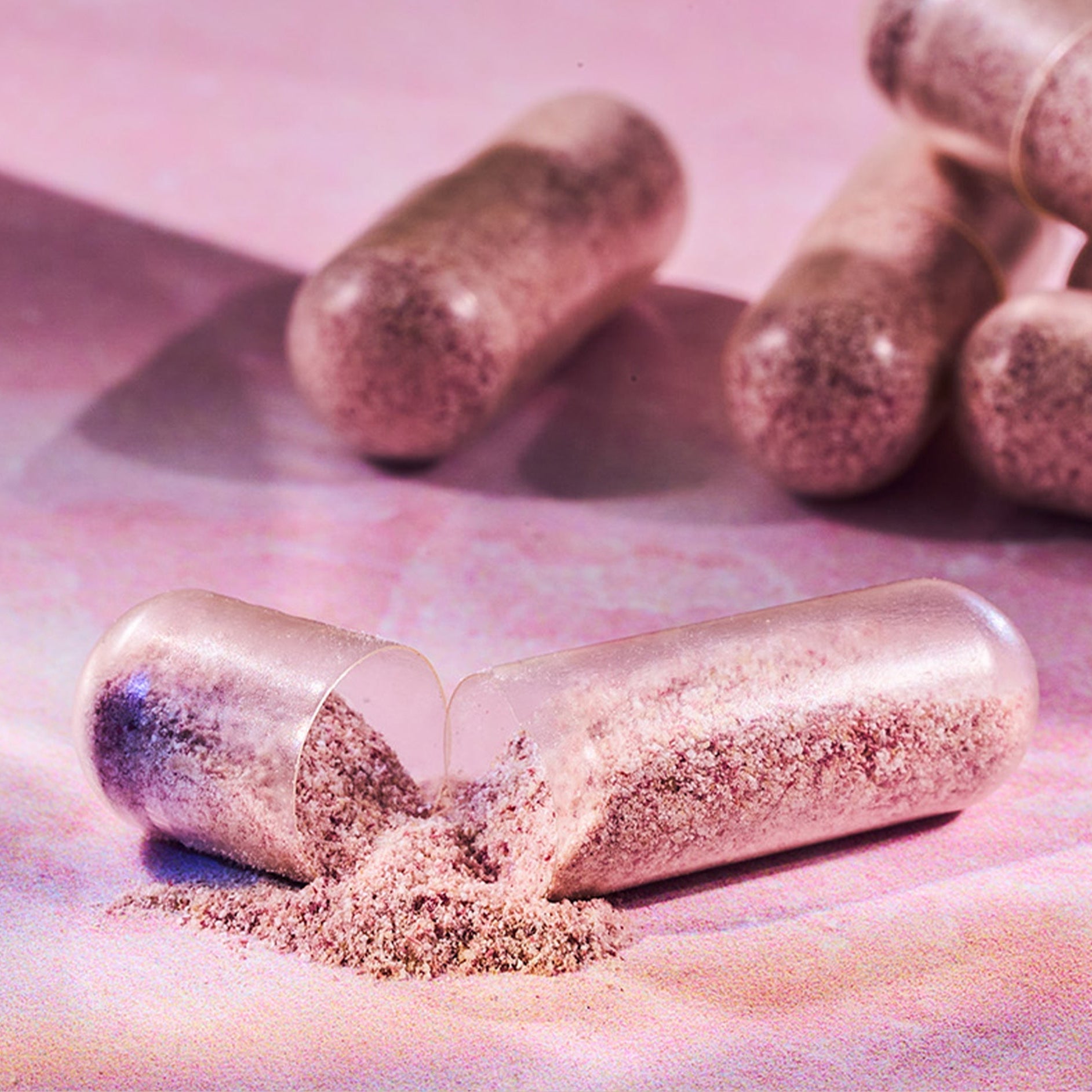
Why Are Probiotics Important for Women?
What do yogurt, kombucha, and kimchi have in common? They’re great sources of probiotics! Probiotics are most commonly associated with digestive support (an estimated 30 to 400 trillion microor...
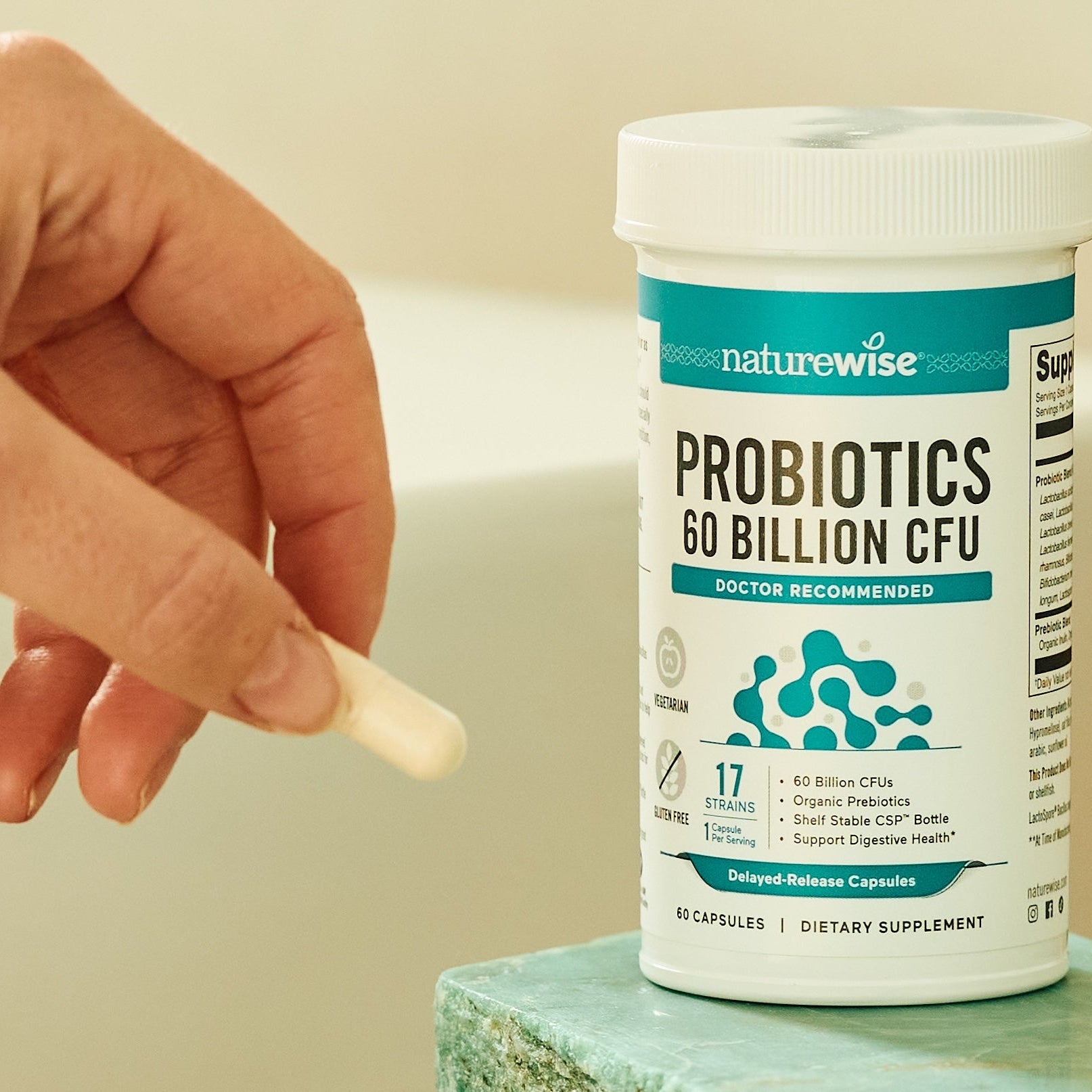
What Are Probiotics, and Why Should I Take Them? It’s likely that you're familiar with probiotics. In fact, you may even consume them daily — but do you know all that probiotics have to offer? ...

Why Weight Loss Looks Different After 40
If you’ve ever tried to lose weight, you probably know that it usually requires substantial effort. And if you feel that you're not seeing weight loss results as quickly as you used to, you wouldn’...
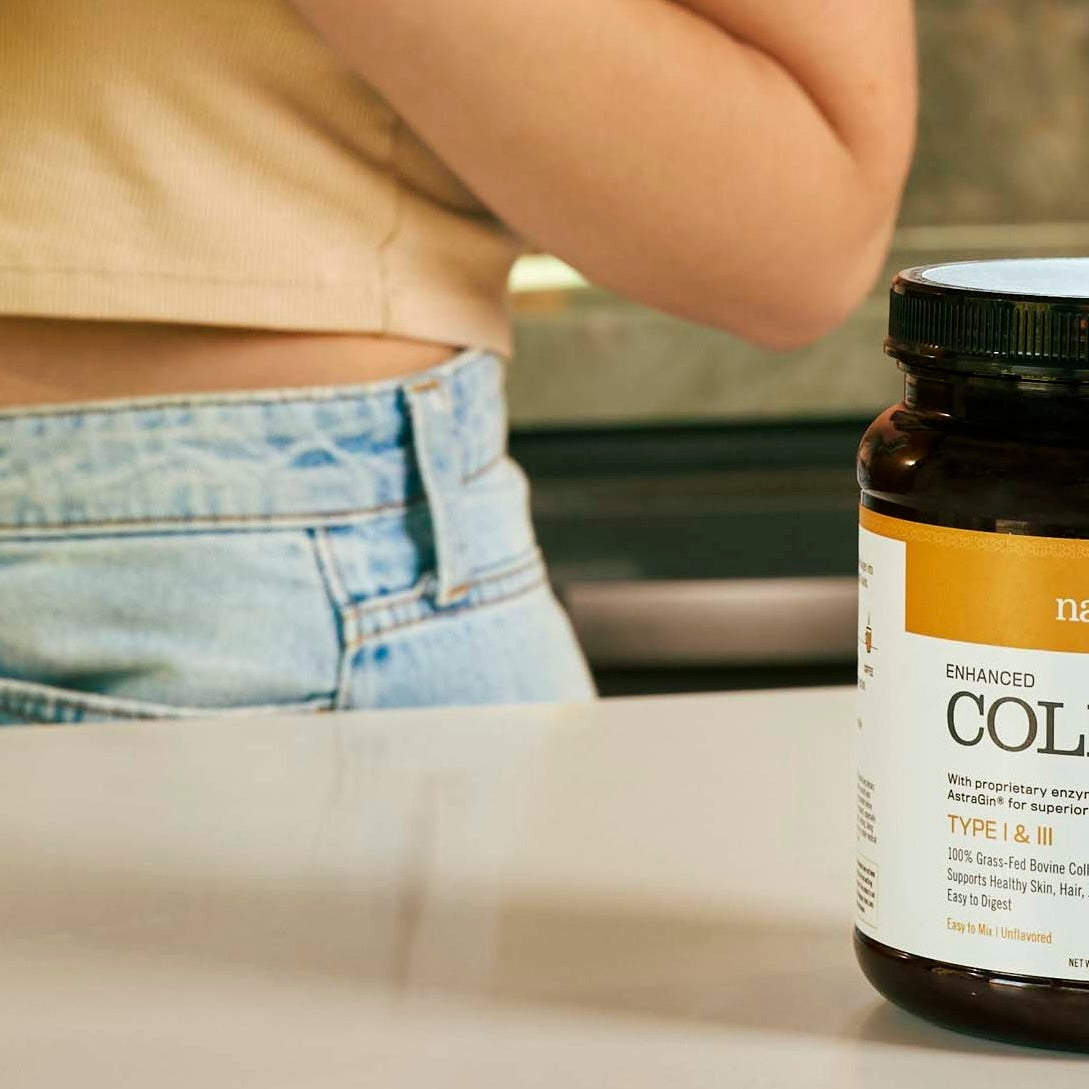
Why Customers Love NatureWise Enhanced Collagen Peptides: Tava’s 5-Star Review
As a company that prioritizes well-being and health, there’s nothing better than seeing glowing reviews of our products. That’s why we’re thrilled that the stars aligned for us to chat with Tava, a...


